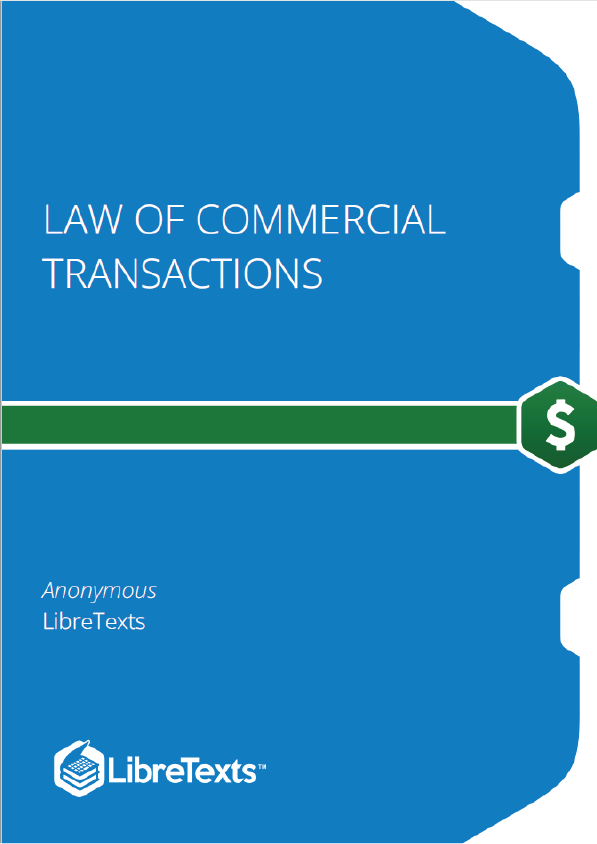Law: The Moral Minimums in a Democratic Society
The law does not correct (or claim to correct) every wrong that occurs in society. At a minimum, it aims to curb the worst kind of wrongs, the kinds of wrongs that violate what might be called the “moral minimums” that a community demands of its members. These include not only violations of criminal law (see Chapter 6 “Criminal Law”) but also torts (see Chapter 7 “Introduction to Tort Law”) and broken promises (see Chapter 8 “Introduction to Contract Law”). Thus it may be wrong to refuse to return a phone call from a friend, but that wrong will not result in a viable lawsuit against you. But if a phone (or the Internet) is used to libel or slander someone, a tort has been committed, and the law may allow the defamed person to be compensated.
There is a strong association between what we generally think of as ethical behavior and what the laws require and provide. For example, contract law upholds society’s sense that promises—in general—should be kept. Promise-breaking is seen as unethical. The law provides remedies for broken promises (in breach of contract cases) but not for all broken promises; some excuses are accepted when it would be reasonable to do so. For tort law, harming others is considered unethical. If people are not restrained by law from harming one another, orderly society would be undone, leading to anarchy. Tort law provides for compensation when serious injuries or harms occur. As for property law issues, we generally believe that private ownership of property is socially useful and generally desirable, and it is generally protected (with some exceptions) by laws. You can’t throw a party at my house without my permission, but my right to do whatever I want on my own property may be limited by law; I can’t, without the public’s permission, operate an incinerator on my property and burn heavy metals, as toxic ash may be deposited throughout the neighborhood.
The Common Law: Property, Torts, and Contracts
Even before legislatures met to make rules for society, disputes happened and judges decided them. In England, judges began writing down the facts of a case and the reasons for their decision. They often resorted to deciding cases on the basis of prior written decisions. In relying on those prior decisions, the judge would reason that since a current case was pretty much like a prior case, it ought to be decided the same way. This is essentially reasoning by analogy. Thus the use of precedent in common-law cases came into being, and a doctrine of stare decisis (pronounced STAR-ay-de-SIGH-sus) became accepted in English courts. Stare decisis means, in Latin, “let the decision stand.”
Most judicial decisions that don’t apply legislative acts (known as statutes) will involve one of three areas of law—property, contract, or tort. Property law deals with the rights and duties of those who can legally own land (real property), how that ownership can be legally confirmed and protected, how property can be bought and sold, what the rights of tenants (renters) are, and what the various kinds of “estates” in land are (e.g., fee simple, life estate, future interest, easements, or rights of way). Contract law deals with what kinds of promises courts should enforce. For example, should courts enforce a contract where one of the parties was intoxicated, underage, or insane? Should courts enforce a contract where one of the parties seemed to have an unfair advantage? What kind of contracts would have to be in writing to be enforced by courts? Tort law deals with the types of cases that involve some kind of harm and or injury between the plaintiff and the defendant when no contract exists. Thus if you are libeled or a competitor lies about your product, your remedy would be in tort, not contract.











